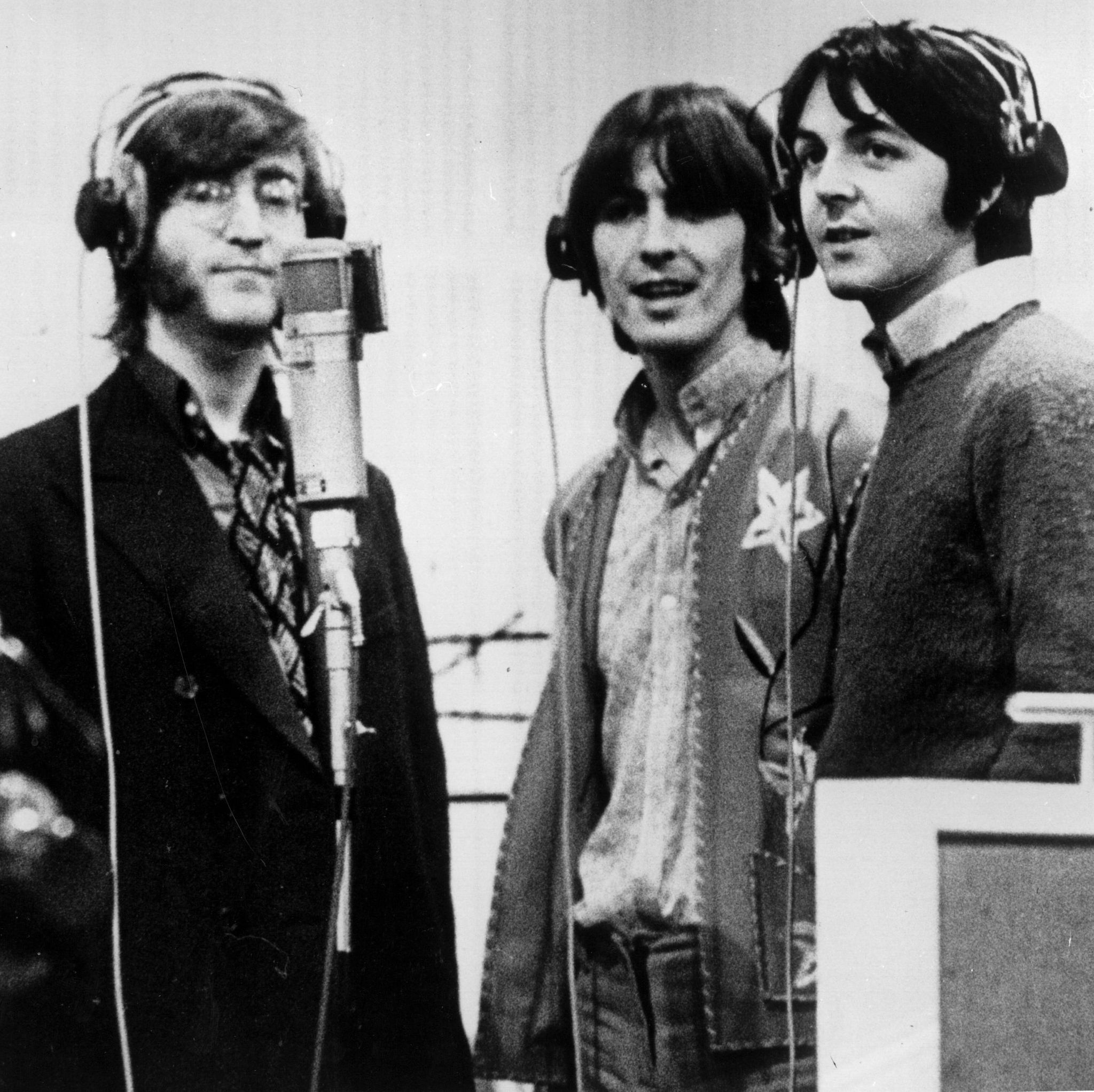I’m going to keep this short, because there’s beauty in brevity, which The Beatles taught me on “Her Majesty.” It’s a 23-second-long-song (26 if you look at Spotify) that almost didn’t exist. In fact, “Her Majesty” is something of a joke, with nonsensical nursery rhyme lyrics and a sloppy, out of place first note. It’s strange, fleeting, and beautiful. It’s 23 seconds I’ve never been able to get out of my head since the first time I heard it—since it surprised me uncredited at the end of Abbey Road, where it came and went like I'd imagined it. I’ve fallen in love during those 26 seconds (my now-partner and I sharing Cadbury Eggs years ago listening to the back half of Abbey Road in a parking lot in my busted Chevy Blazer). I’ve drunkenly sang the song. I’ve played it in one sitting on repeat, dozens of times, fascinated.
“Her Majesty” was recorded in three takes on 2 July, 1969. As the story goes, the song was originally intended to be placed in a medley between “Mean Mr. Mustard” and “Polythene Pam.” But, according to the engineer there that day, John Kurlander, Paul McCartney (who is the only one who performs on the track) heard “Her Majesty” in that spot and decided it didn’t fit. Kurlander was told to cut the song and throw it away. But, as Kurlander later explained:
“I'd been told never to throw anything away, so after he left I picked it up off the floor, put about 20 seconds of red leader tape before it and stuck it onto the end of the edit tape.”
The next day, when McCartney heard the song placed randomly at the end of Abbey Road, he loved it, and decided it should remain there on the final cut of the album. That weird blast of a note at the beginning is actually the final chord of “Mean Mr. Mustard.” Because of its placement, and because “Her Majesty” didn’t appear on the Abbey Road tracklist, it’s often considered the first-ever hidden track on an album.
When I was younger, probably because of my personal experiences with “Her Majesty,” I always thought of it as a love song—a song about awkwardness around a crush whom you respect enough to refer to as “her majesty.” I might have been at once projecting and overthinking it, because, in reality, the song is something of a joke about the British ruling family. These are the only lyrics:
Her Majesty's a pretty nice girl / But she doesn't have a lot to say / Her Majesty's a pretty nice girl / But she changes from day to day / I want to tell her that I love her a lot / But I gotta get a bellyful of wine / Her Majesty's a pretty nice girl / Someday I'm going to make her mine, oh yeah, / Someday I'm going to make her mine.
As McCartney later explained, there’s something anti-authority about these lyrics:
“It was quite funny because it's basically monarchist, with a mildly disrespectful tone, but it's very tongue in cheek. It's almost like a love song to the Queen.”
This is honestly better than my reading of the song, anyway. “Her Majesty” is punk rock. It’s kind of a middle-finger to the establishment, fitting with the scrappy way the song came to be, and how it has survived.
The Beatles are rightfully considered the greatest band to ever exist. Their catalog is immortalised among every fan, musician, and critic still today. Their hits are known in every corner of the world—"Across the Universe" has been launched into space for intelligent life to hear one day. We all can sing "Hey Jude," and "Here Comes the Sun," and "Let it Be" and dozens of others. Each of these songs preserve because of the craft and songwriting genius that it took to create them. But what I love about “Her Majesty” is it could not and will not ever be a famous Beatles song. It’s an accident. It’s a moment of spontaneity, of playful musicianship stuck in time, of Paul McCartney not trying to do anything more than mess about. Yet here it remains. Here I am writing about it and listening to it and thinking about it. It’s a song that only exists today because of luck and the charm of its eight lines and silly little melody. And for that I love it a lot. “Her Majesty” is a pretty nice song, and I feel like I’ve made it mine.
Matt Miller is a Brooklyn-based culture/lifestyle writer and music critic whose work has appeared in Esquire, Forbes, The Denver Post, and documentaries.













